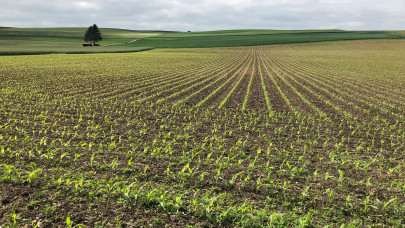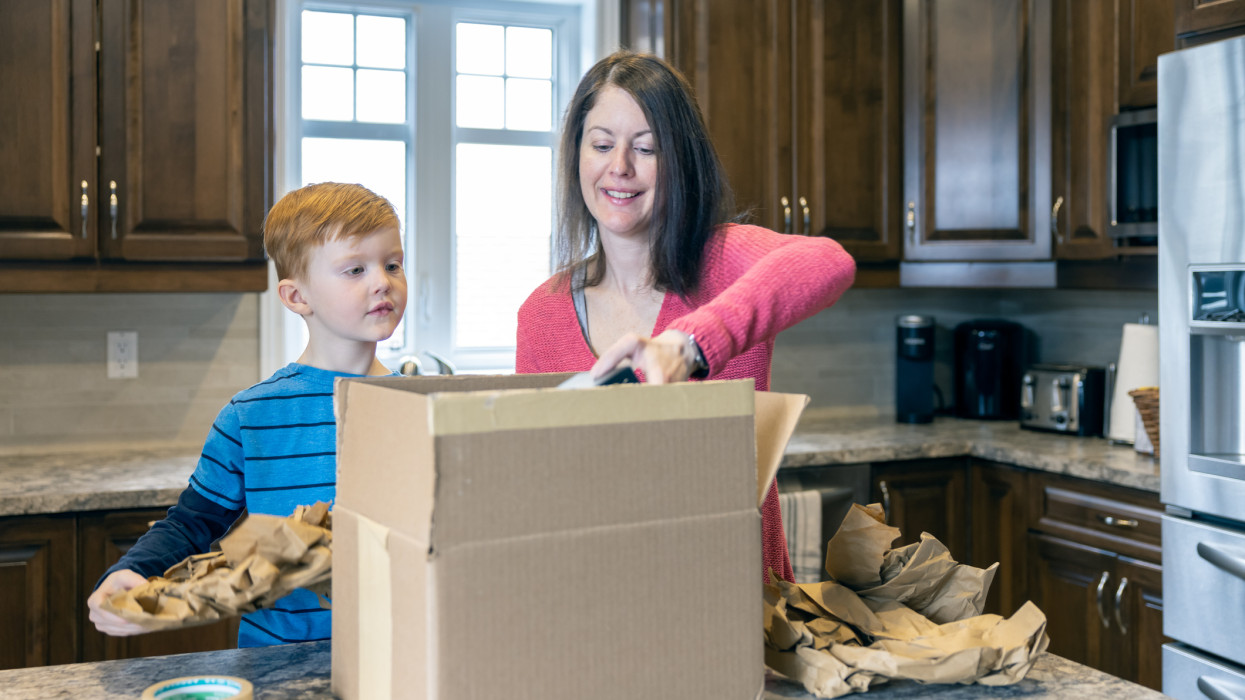Efficient, alternative and environmentally friendly ways of dealing with farm slurry and digestate will be in the spotlight at the 2018 DLG-Feldtage, which will be held from 12 to 14 June at the DLG's International Crop Production Centre at Bernburg, Saxony-Anhalt, Germany.
The special feature, Making efficient use of slurry and digestate, has been organized because of continuing interest in the topic from farmers who need to comply with Germany's Fertilizer Application Ordinance (Düngeverordnung, or DüV), which governs best practice in fertilizer use, and is also at the center of Germany's action programme for fulfilling the requirements of the EU Nitrates Directive.
Recent amendments to the DüV mean that farmers have had to adapt to stricter requirements for the application of natural and man-made fertilizers for plant nutrition. These changes have helped shape the content of the DLG-Feldtage special feature, which has been organized by the DLG (German Agriculture Society), along with partners from research, industry and consulting.
Among the issues facing German farmers is the fact that operational and regional specialization in animal husbandry has led to there being a surplus of liquid manures in some areas and a shortage in others. The agricultural regions that lack a supply of natural nutrients have to use mainly mineral fertilizers, with the result that they lose the advantages of using organic fertilizers in crop production that include: additional micronutrients; promotion of soil life; improvement of soil structure; and better humus balance. However, it must also be recognized that it is expensive to transport manures to areas that need them, and that they need to be regularly assessed for both the quantity and availability of nutrients.
In addition to transportation problems, the revised DüV has resulted in significant changes in the use of slurry and digestate, with new restrictions on when they can be applied. Most importantly, most of a farmer's organic fertilizers must now be applied in the spring, and this has resulted in the need to ensure that the nutritional needs of the plant and nutrient-carrying capacity of the soil is properly assessed and brought into balance.
Clearly organic fertilization is currently of great interest to farmers, and the DLG's Making efficient use of slurry and digestate special feature at DLG-Feltage 2018 will look at how the high environmental standards required by the DüV, and the financial cost of meeting them, can be addressed by practical and forward-looking solutions. A dedicated exhibition stand at the event will examine the following topics:
- Slurry and digestate as nutrient carriers;
- Treatment processes to improve efficiency;
- Laboratory services and online methods for efficient deployment;
- Ways of reducing losses;
- Intelligent transport and storage solutions; and
- Soil protection during application.
This special feature will ensure that visitors to the DLG-Feldtage 2018 have access to a unique information platform with innovative and viable solutions for managing manures and digestates.
The DLG-Feldtage take place from 12 to 14 June 2018 at the DLG's International Crop Production Center at Bernburg (Sachsen-Anhalt). The event is co-organized by the State of Saxony-Anhalt's Ministry of Environment, Agriculture and Energy, and Allianz, together with Münchener und Magdeburger Agrarversicherung AG (Munich and Magdeburg Agricultural Insurance). Trade partners are: Fachagentur Nachwachsende Rohstoffe e.V. (Agency for Renewable Resources), Union zur Förderung der Öl- und Proteinpflanzen (Union for the Promotion of Oil and Protein Plants) and Nordzucker AG.
More information on the DLG-Feldtage 2018 is available online at: www.dlg-feldtage.de







